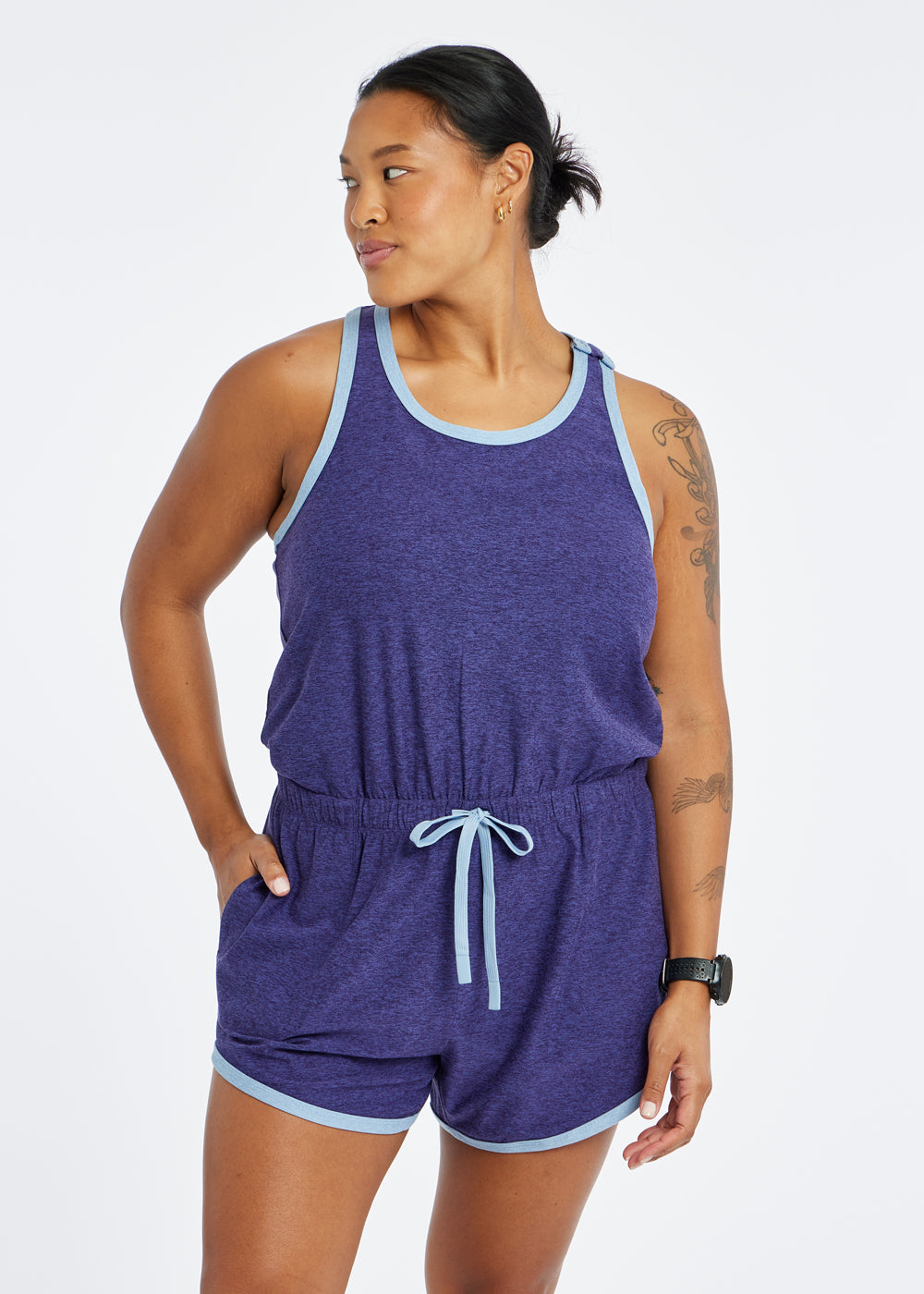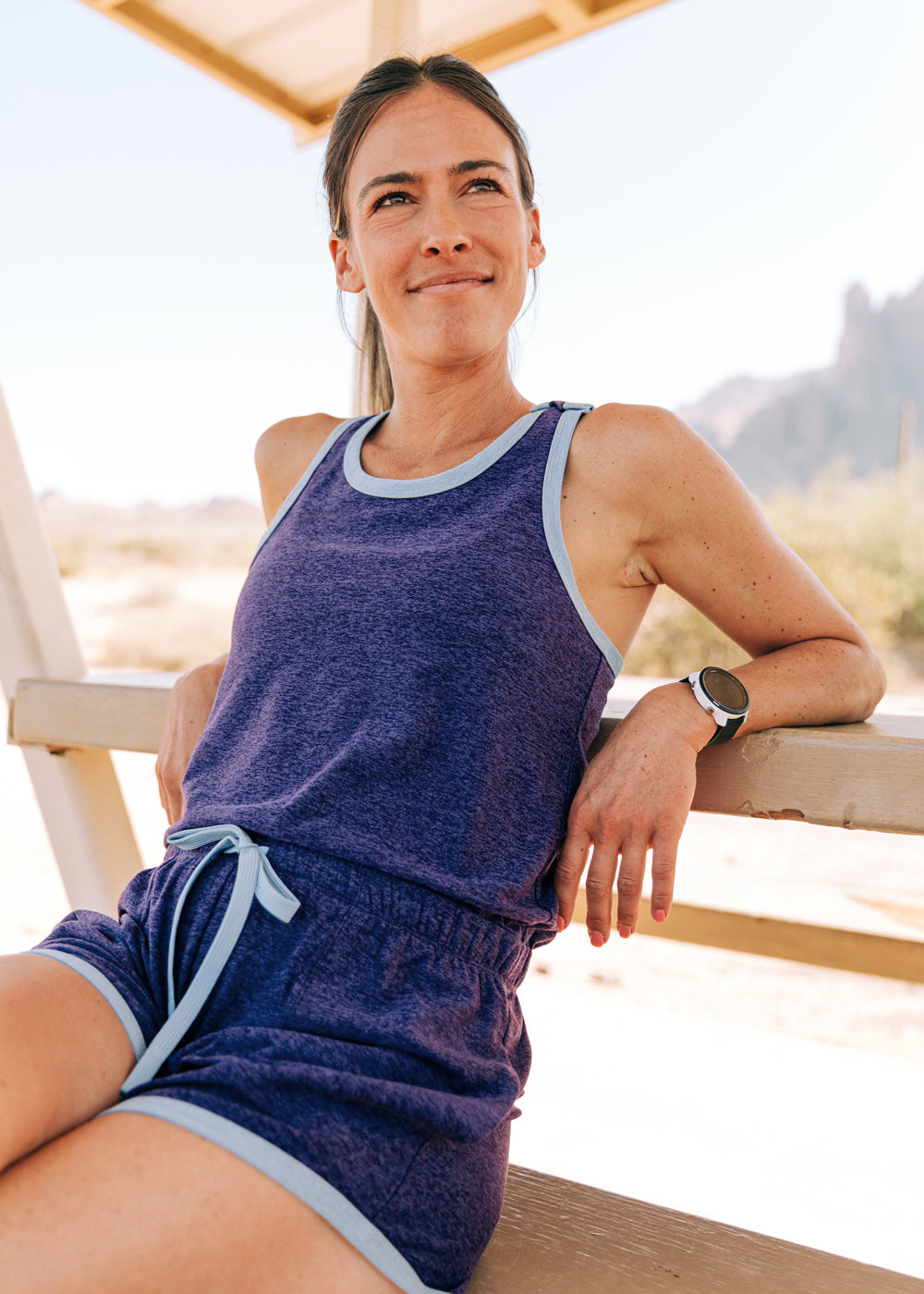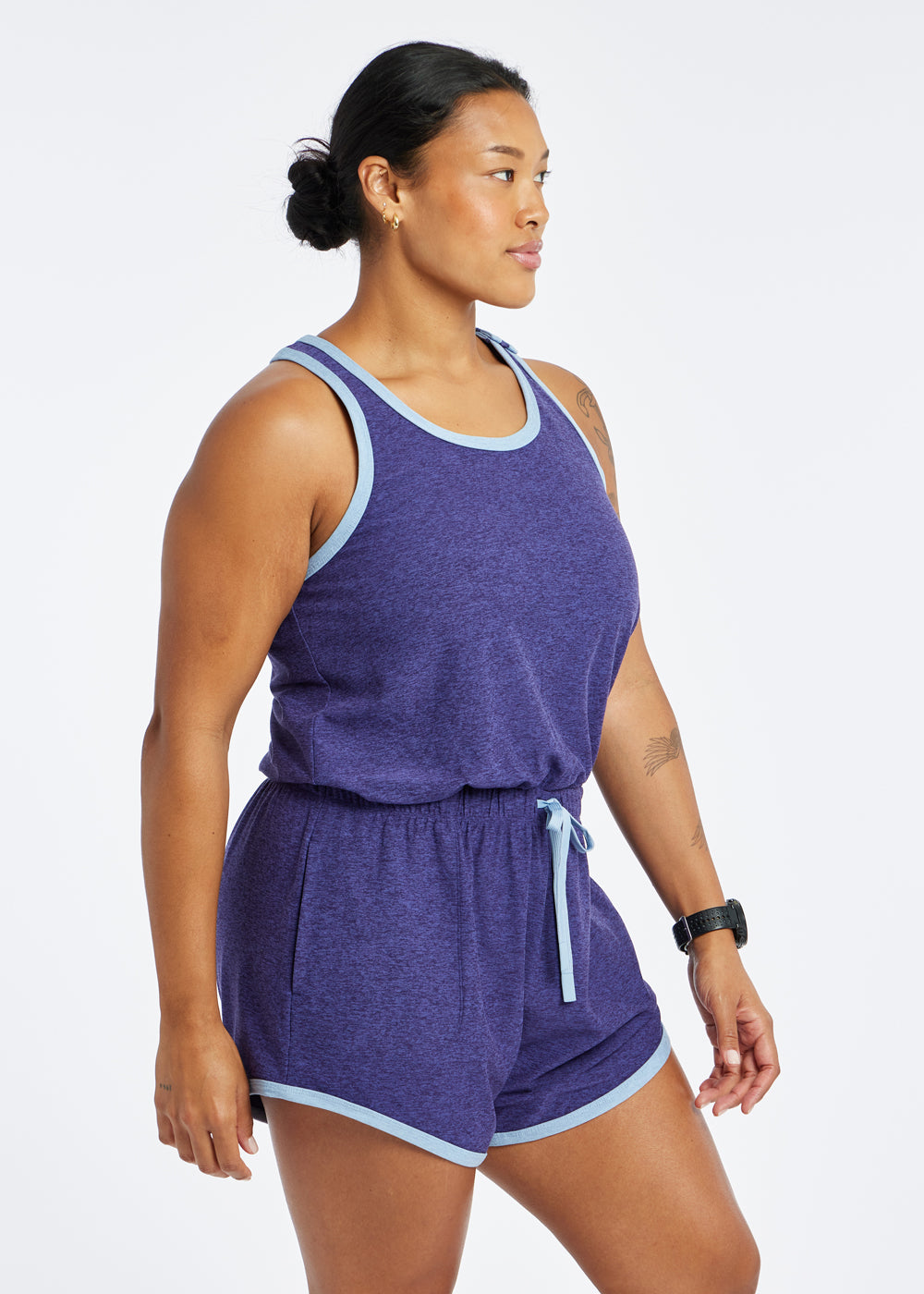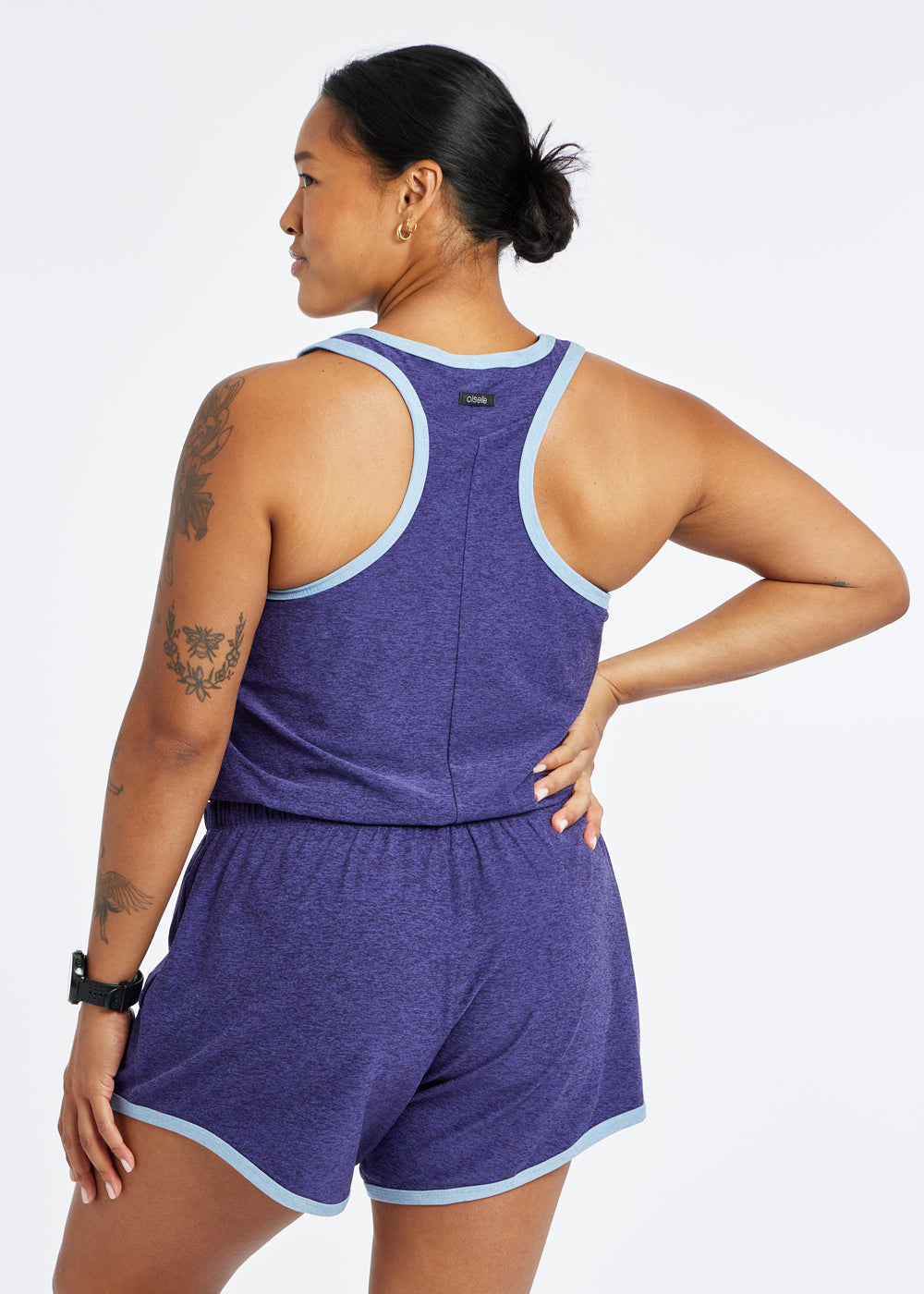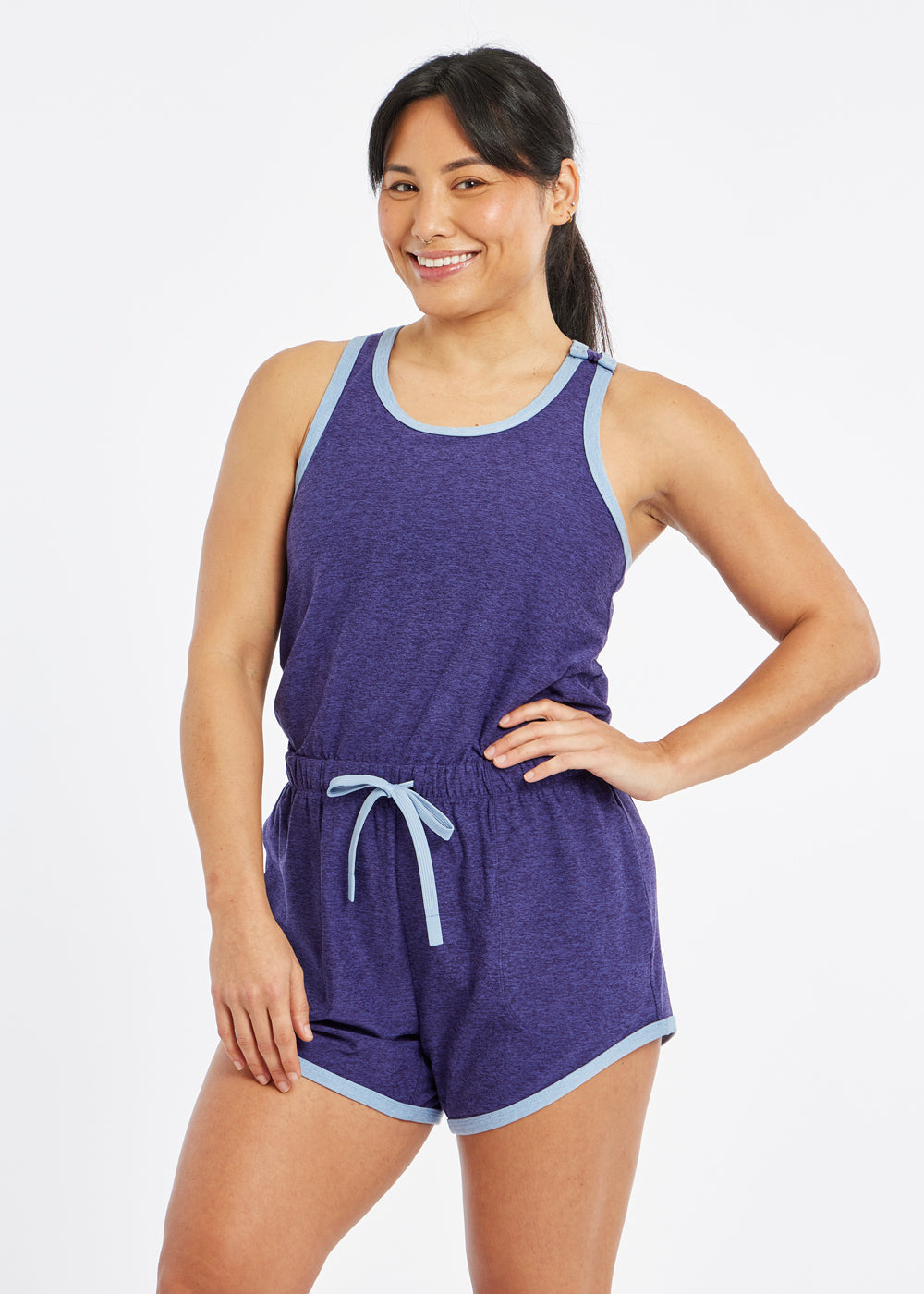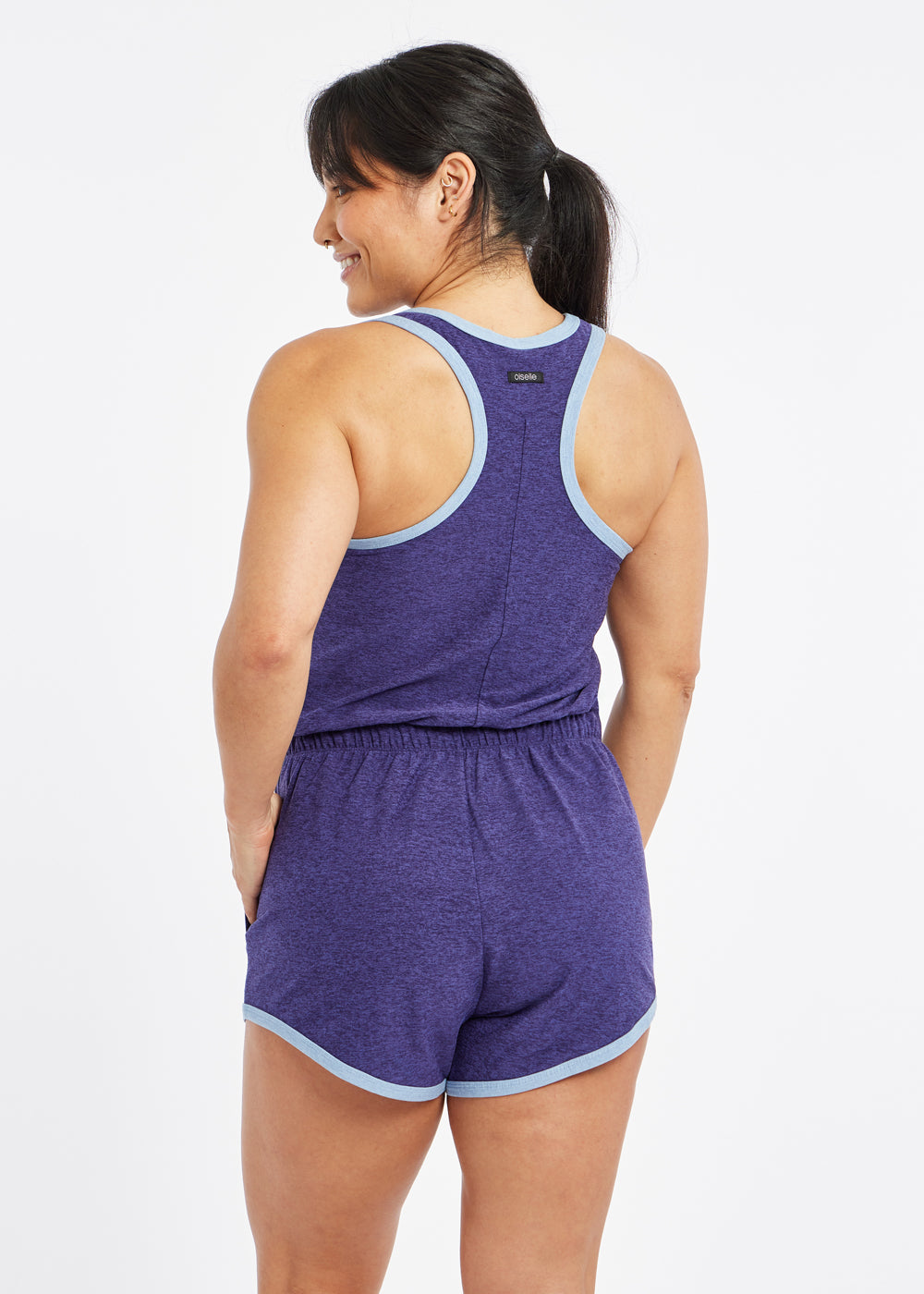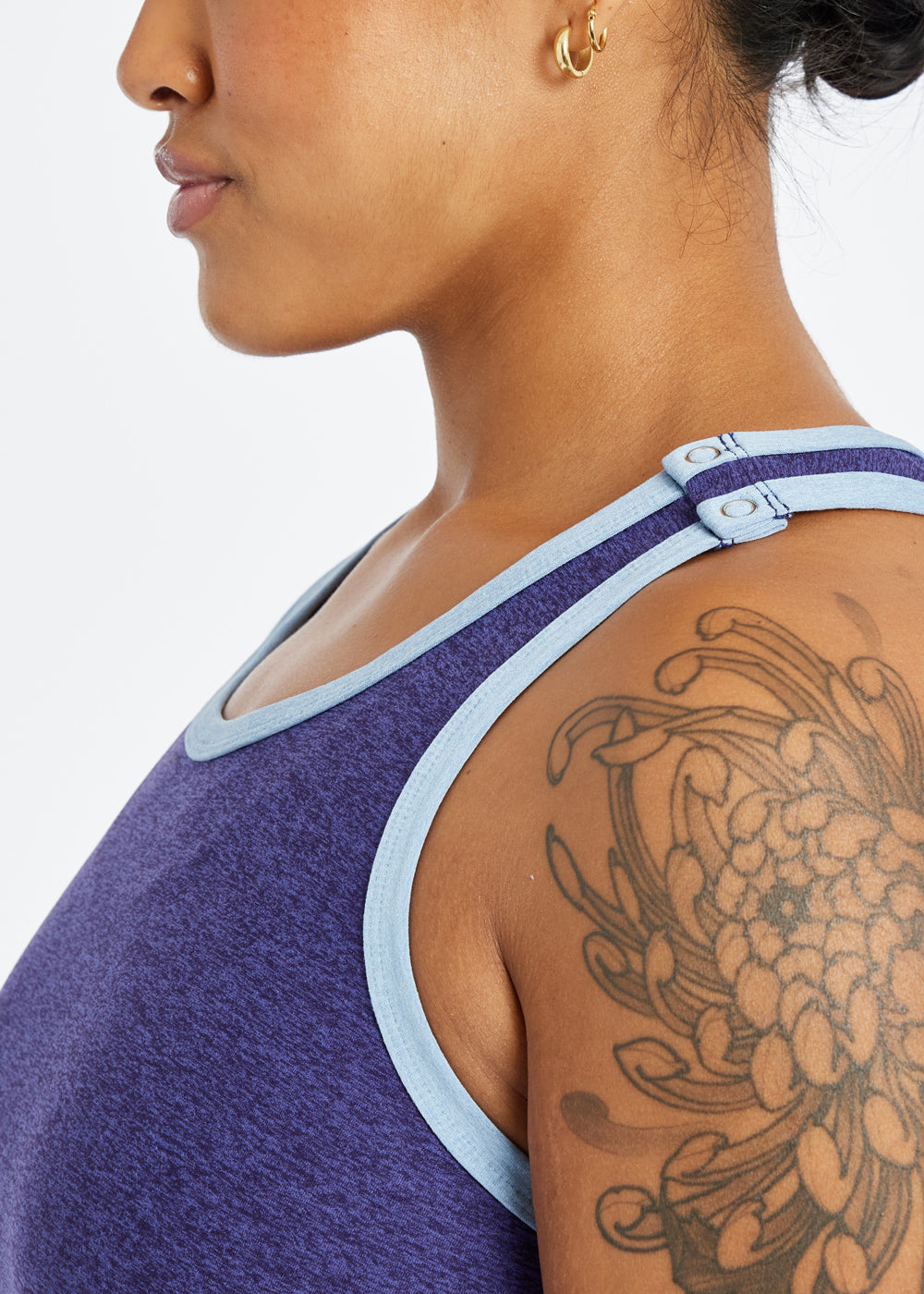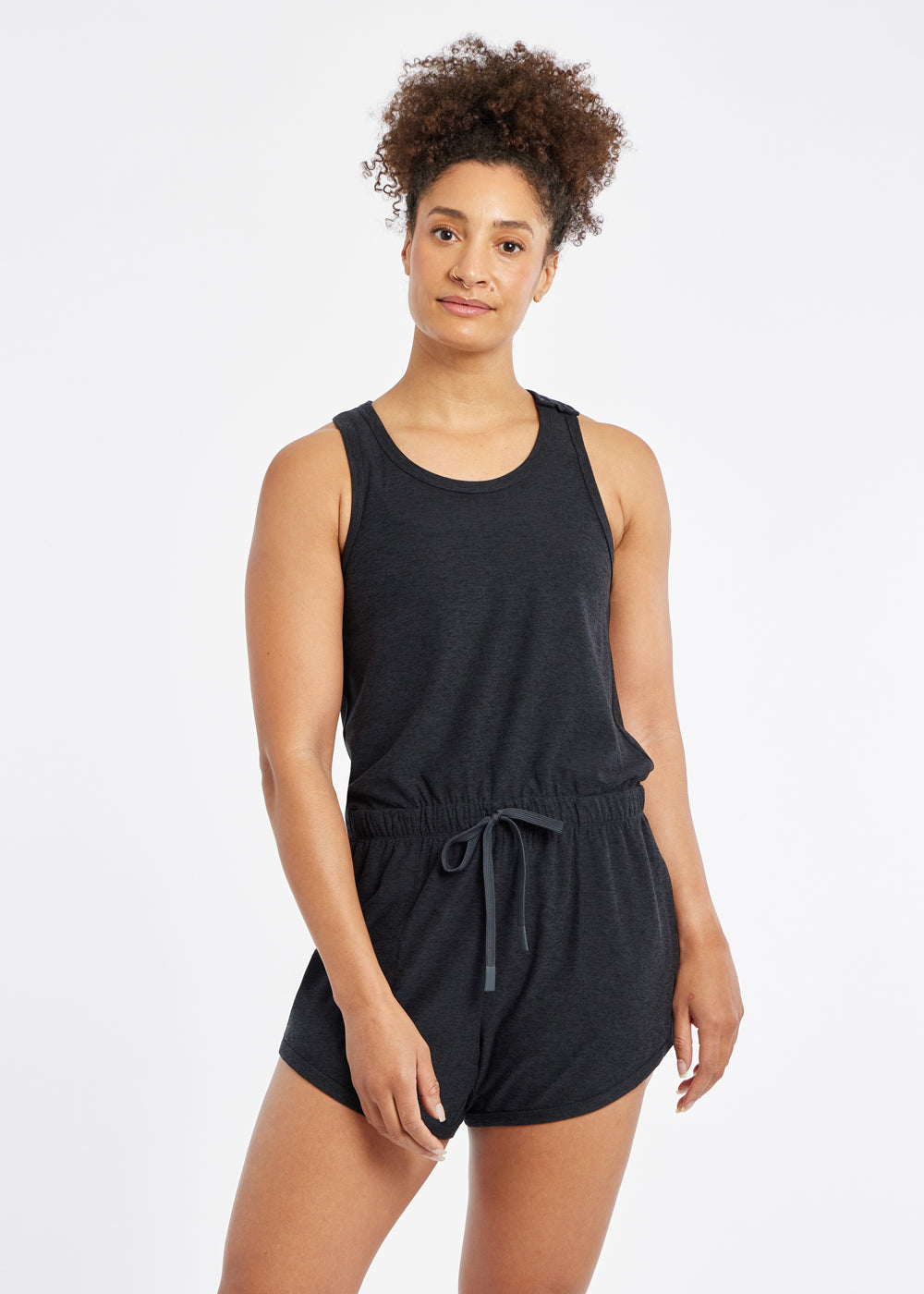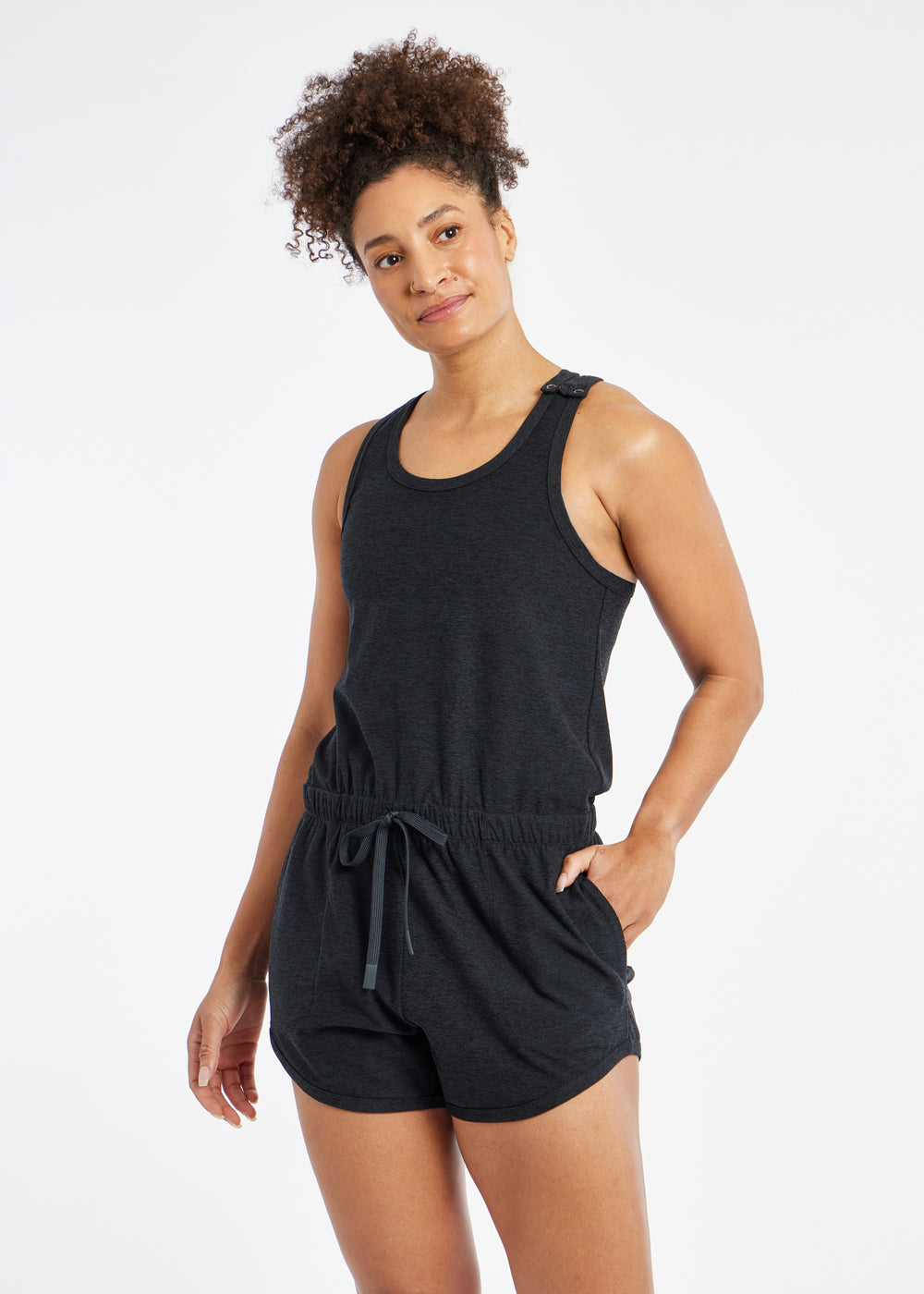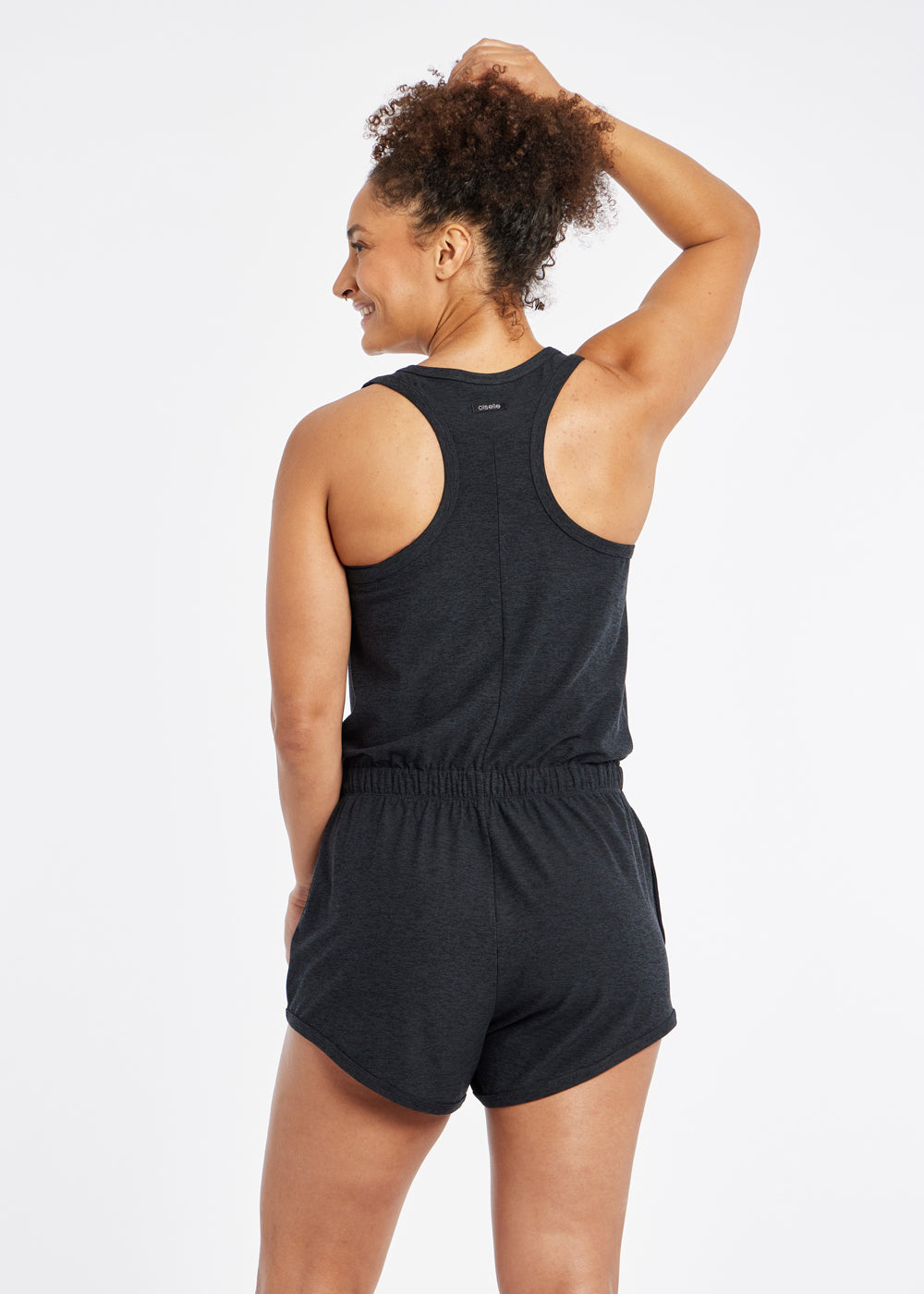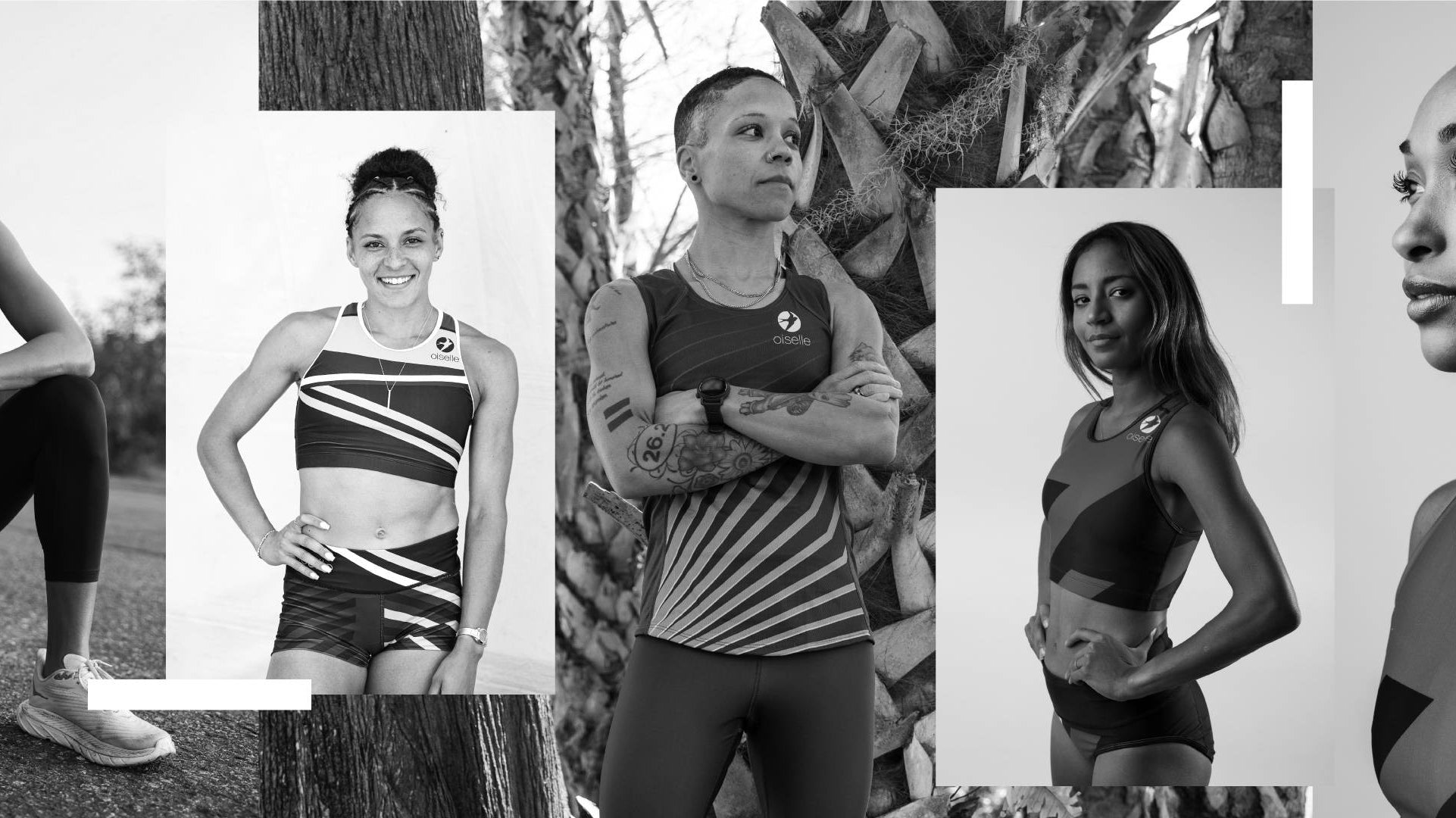We’ve always labeled our Runner Trucker a fan-favorite. Customers have continued to rave about its performance, it’s always topped our running accessories list, and we pride ourselves in the hat’s innovative, foldable design.
While it’s a beloved favorite, the reality is it’s not a running hat for everyone, as Alison Mariella Désir (Author of Running While Black, Host of Out & Back, Brooks Run Happy Advocate, and all-around kickass activist and disruptor) pointed out when designing her AMD collection back in 2021. The Runner Trucker, like most athletic apparel designs, is ultimately made with a white consumer in mind. The hat was too small to fit a variety of natural hairstyles, wasn’t going to protect textured hair, and quite frankly wouldn’t work for most Black women. And yet, Black women love the style and saw its functional benefits as well as appreciating the design features. And voila: Alison’s idea for a Satin Lined Runner Trucker was born. Due to supply chain delays, the hat wasn’t ready to launch along with the rest of her collection, but it’s imperative that we give credit where credit is due, and ultimately share the story behind the design.































